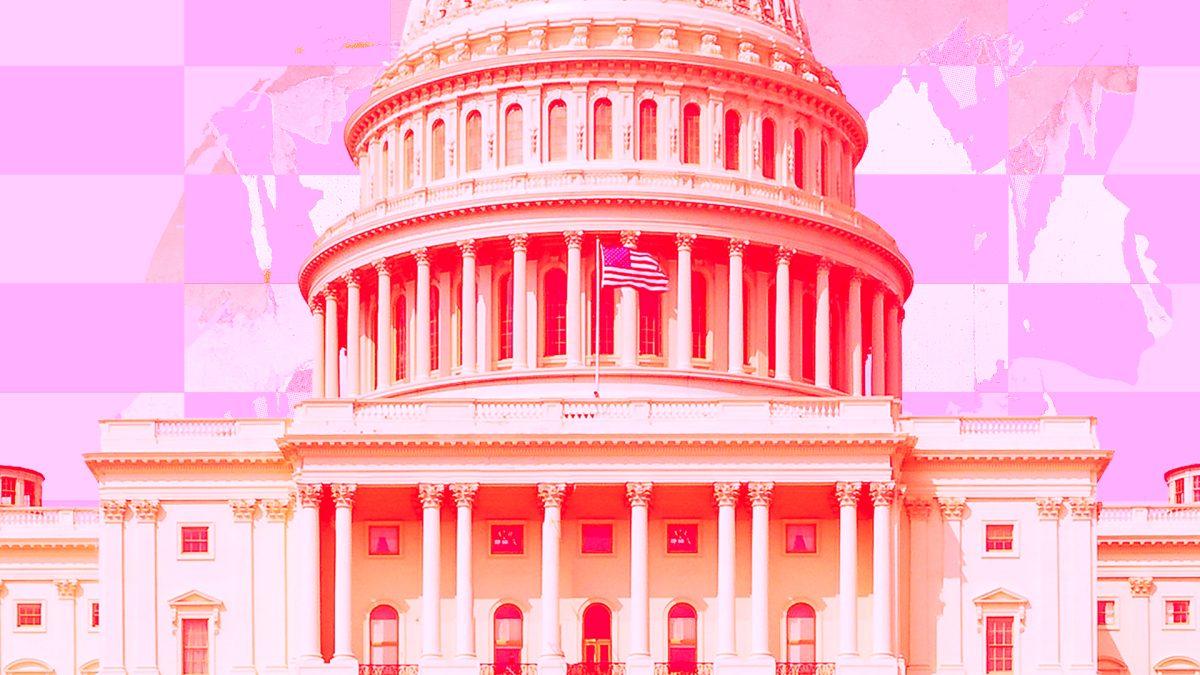Banking industry calls for fixes to GENIUS law signed by Trump, citing alleged financial risks

Quick Take
- At issue is the GENIUS Act’s treatment of interest payments for stablecoins, the banking groups said.
- Paul Grewal, chief legal officer at Coinbase, said the organizations were trying to avoid competition.

The largest banking associations in the U.S. are urging senators to close alleged gaps in a stablecoin bill signed by President Donald Trump last month, which they say can damage the larger financial system.
In a letter sent to Senate Banking Committee leadership this week, the American Bankers Association (ABA), alongside 52 bankers organizations, proposed fixes to the Guiding and Establishing National Innovation for U.S. Stablecoins Act, or GENIUS, amid concerns over interest payments, state regulation, and non-financial companies issuing stablecoins.
At issue is the GENIUS Act's supposedly weak prohibitions against stablecoin issuers paying interest to holders. While the groups are in favor of the restrictions, they argue new law can be easily bypassed by exchanges, brokers, and other affiliates, thereby "distorting market incentives" by turning stablecoins into potential stores-of-value and credit mechanisms rather than simply a means of payment.
"Banks power the economy by turning deposits into loans; when deposits flow into stablecoins chasing yield, credit creation suffers," the associations wrote. "To close this loophole and protect the financial system, we urge Congress to extend the stablecoin issuers interest prohibition to cover digital asset exchanges, brokers, dealers, and affiliated entities. Doing so will preserve the role of banks in credit intermediation while allowing innovation in digital payments to flourish responsibly."
The associations noted the fixes could be resolved in developing crypto market legislation.
“By closing regulatory gaps, preserving the dual banking system and upholding the longstanding separation between banking and commerce, Congress can foster responsible innovation while protecting consumers, preserving access to credit and promoting economic stability,” the associations said.
The Bank Policy Institute, Financial Services Forum, ABA and other groups also recently raised concerns about the supposed loophole, including potential deposit liquidity and credit risks.
"The result will be greater deposit flight risk, especially in times of stress, that will undermine credit creation throughout the economy," the groups said. "The corresponding reduction in credit supply means higher interest rates, fewer loans, and increased costs for Main Street businesses and households."
Paul Grewal, chief legal officer at Coinbase, said there was no alleged loophole in a post on X on Wednesday.
"376 Democrats and Republicans in the House and Senate rejected your unrestrained effort to avoid competition," Grewal said. "So did one President. It's time to move on."
Disclaimer: The Block is an independent media outlet that delivers news, research, and data. As of November 2023, Foresight Ventures is a majority investor of The Block. Foresight Ventures invests in other companies in the crypto space. Crypto exchange Bitget is an anchor LP for Foresight Ventures. The Block continues to operate independently to deliver objective, impactful, and timely information about the crypto industry. Here are our current financial disclosures.
© 2025 The Block. All Rights Reserved. This article is provided for informational purposes only. It is not offered or intended to be used as legal, tax, investment, financial, or other advice.







